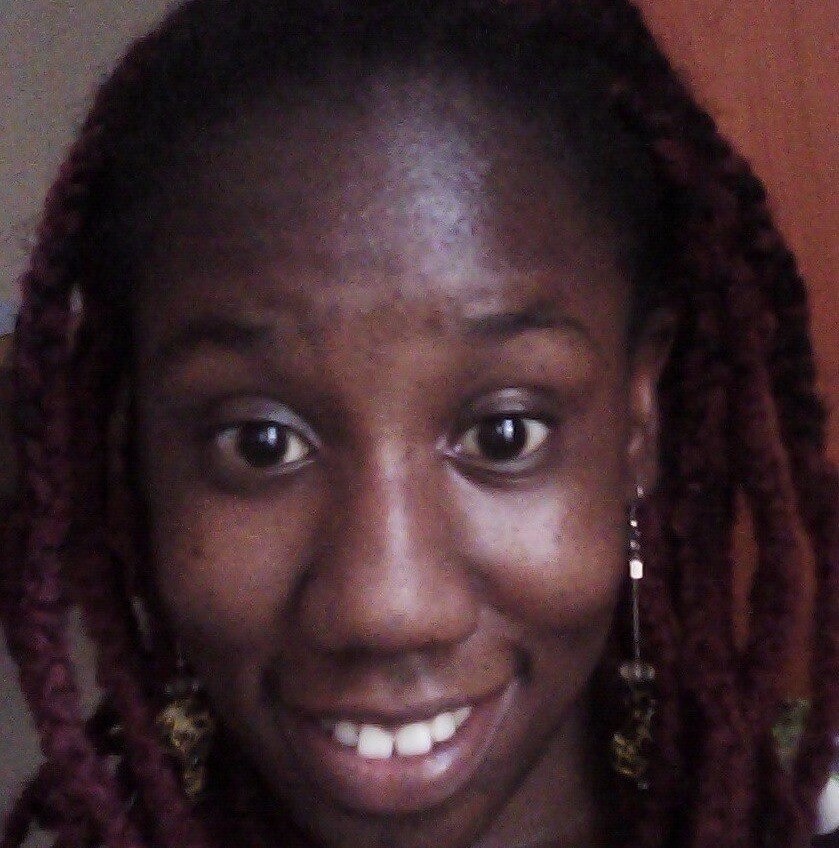What is your educational background?
I did my A-levels at Gayaza High School in Uganda where I took on Biology, Chemistry, Mathematics plus Foods & Nutrition as subjects. I went on to do my Bachelor’s degree in Biomedical Sciences at Makerere University in Uganda where I majored in Clinical Microbiology. At Master’s level, I studied Immunology at the University of Aberdeen in Scotland, UK.
What is your current occupation?
I am a full time PhD student at the University of Cape Town. I am carrying out my research project under the South African Tuberculosis Vaccine Initiative (SATVI). My project involves evaluating several gene signatures in order to identify which one has the best accuracy at distinguishing individuals with active tuberculosis from those with other respiratory diseases. I hope that this work can contribute to the development of a point-of-care diagnostic test that can detect individuals most likely to progress to active TB disease so that they can receive timely treatment. I will be coding using the R program language in order to analyze my data.
What or who got you into STEM?
My fascination with the immune system and my yearning to learn more about how the body responds to micro-organisms and defends the body against disease. One of the best lecturers I had during my undergraduate degree was a research scientist that taught us about Immunology. He was confident and knowledgeable but most importantly, he talked about the immune system with so much passion and that made come to realize just how important it is.
What is the biggest challenge/barrier you have faced as an African in STEM?
Getting the right mentorship has been a very serious issue for me. I took a while to decide whether to do my PhD because I was not sure just how it would contribute to my career or if it would really be able to fix the issues I was facing as far as advancing my career is concerned. I also wished I had people to talk to about how to transition well when you return home after being abroad. I did my Master’s degree in the UK and making it back to my home country, Uganda was painful. A very big part of me regretted the decision I made.
How do you think your background/upbringing has been beneficial in your journey/career?
Having parents that are willing to support me and understand the career I want to have has been the most beneficial thing. They are not scientists so there has been a lot that I have had to explain to them about the career choices I have made but they know now that research work is what I am passionate about. They have done their best to see that I get to do what I really want to do.
How do you think we can start to change the narrative surrounding African contributions
to global STEM research & careers?
Being more supportive of Africans irrespective of the work that they do and where they are. We need to share more stories of Africans that are succeeding both in and out of Africa so that fellow Africans know that they can excel irrespective of where they are based. Most people believe that a successful and fulfilling career may only be possible outside Africa but in spite of the fact that there are certain difficulties to overcome in Africa, people need to have hope that they can make it here as well. Another thing that needs to be done away with is making people that are abroad feel guilty, treat them as traitors or make them think that they will not be able to make a difference to issues in Africa just because they have decided to pursue their career outside Africa. Instead, we should be pushing to actively maintain contacts between STEM researchers in and out of Africa so that this can open up more doors for collaborative research between both parties.
What advice would you like to give to young, aspiring Africans in STEM?
To begin with the end in mind and always have a career plan. Before jumping into an internship, graduate program or fellowship you should ask yourself how each move ultimately contributes to your career goals. When you have come with your plan, find people to mentor you, support you and guide you on the best way to achieve this plan. Never struggle in a corner by yourself. If you have questions and concerns, never hesitate to reach out to someone for help because there is always someone out there that has been through what you have been through and will be willing to help you.






